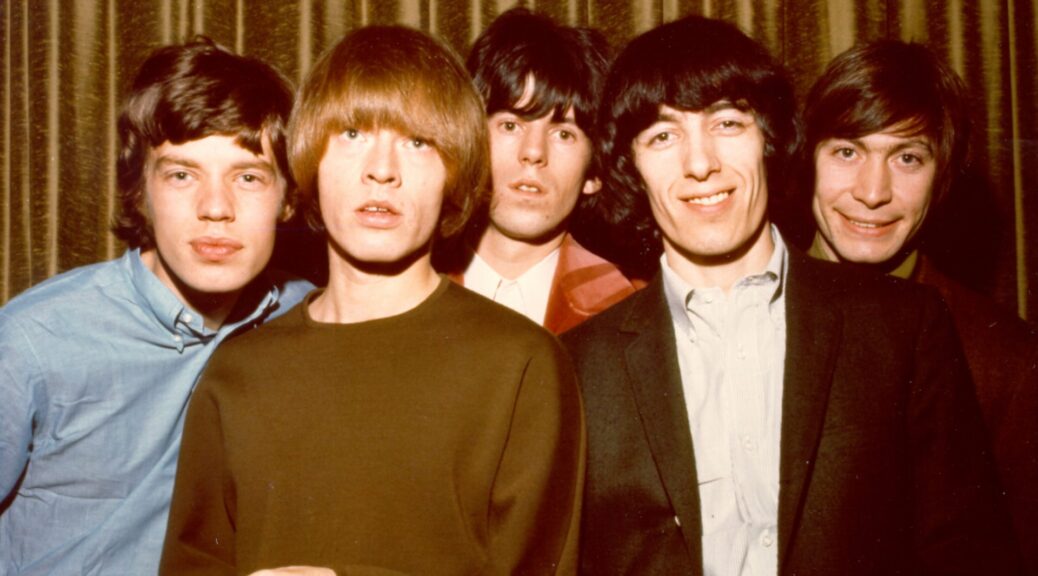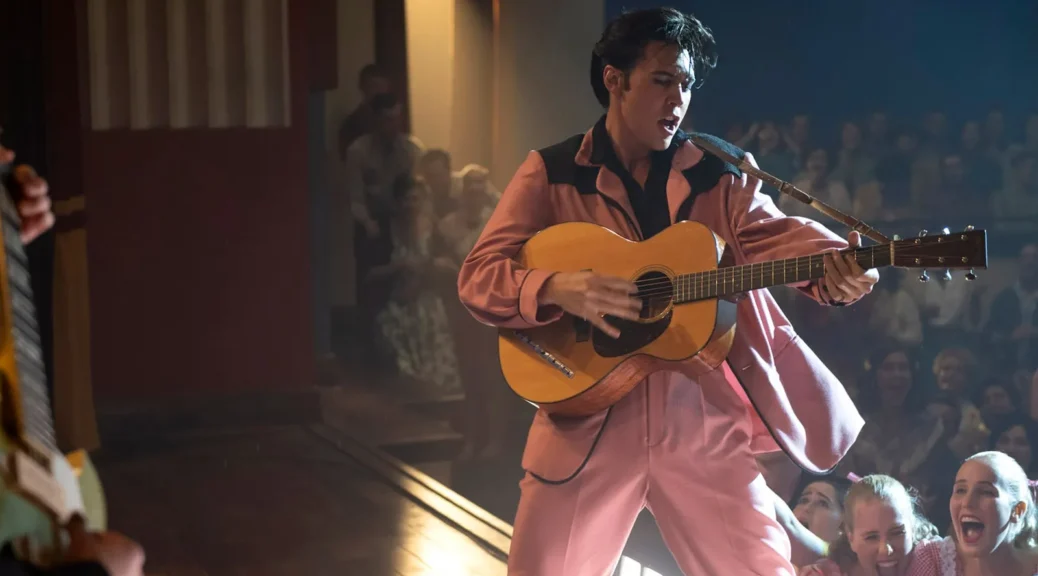Back to Black
by George Wolf
Since Walk Hard gave the music biopic genre a well-deserved skewering nearly 20 years ago, new entries have scored with ambitious fantasy (Rocketman), pandered with crowd-pleasing safety (Bohemian Rhapsody) and curiously turned a superstar into a one note supporting player (Elvis).
Back to Black‘s biggest drawback is a failure to commit to one vision, rightly giving Amy Winehouse agency for her own destiny, but pulling some important punches that could have deepened the impact.
Marisa Abela (Barbie‘s “Teen Talk Barbie,” TV’s Industry) is sensational as Amy, ably capturing the wounded soul and the defiant train wreck while laying down some impressive lip sync performances. Her chemistry with an equally terrific Jack O’Connell (as Blake Fielder-Civil) fuels the film’s best moments, as the tortured lovers navigate between heartsick devotion and toxic co-dependency, sometimes reminiscent of Sid and Nancy.
Biopics usually benefit from narrowing the focus, but director Sam Taylor-Johnson and writer Matt Greenhalgh reach outside the romance for a rushed look at Amy’s journey to stardom and some seemingly sanitized takes on her relationships with Dad Mitch (Eddie Marsan) and “Nan” Cynthia (Lesley Manville).
Anyone who remembers the Oscar-winning doc Amy will notice a much different treatment of Mitch Winehouse here. How much of this was required for the family blessing is unclear, but the film does benefit from a depiction of Amy that finds a balance of forgiveness and accountability.
Taylor-Johnson’s hand is steady but fairly generic, with a tendency to revisit some obvious visual metaphors. And though you end up wishing Back to Black could have confidence enough to sharpen its edge, stellar performances flesh out the sad tragedy of a gifted life spiraling out of control.








